Youngest Nobel Prize Laureates
On Friday, 17-year-old Malala Yousafzai became the youngest person ever to be awarded a Nobel Prize, sharing the 2014 Peace Prize for her work on children's rights. Here's a look at the youngest people to win a Nobel prize throughout the history of the award.
-
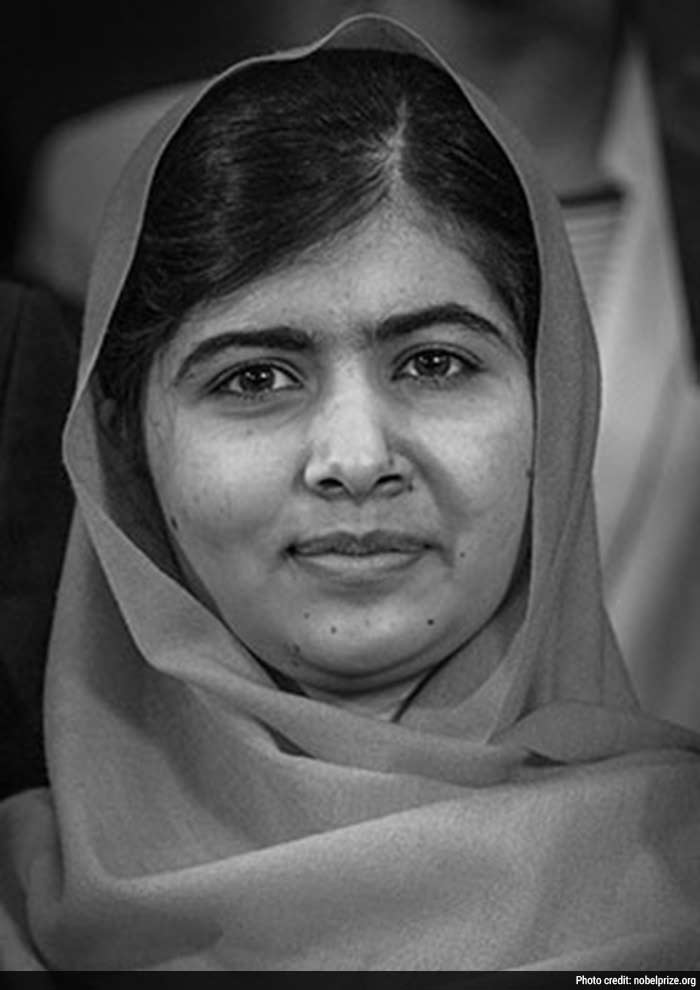 Pakistan's Malala Yousafzai, 17, shared the Nobel Peace Prize 2014 with India's Kailash Satyarthi, "for their struggle against the suppression of children and young people and for the right of all children to education".
Pakistan's Malala Yousafzai, 17, shared the Nobel Peace Prize 2014 with India's Kailash Satyarthi, "for their struggle against the suppression of children and young people and for the right of all children to education". -
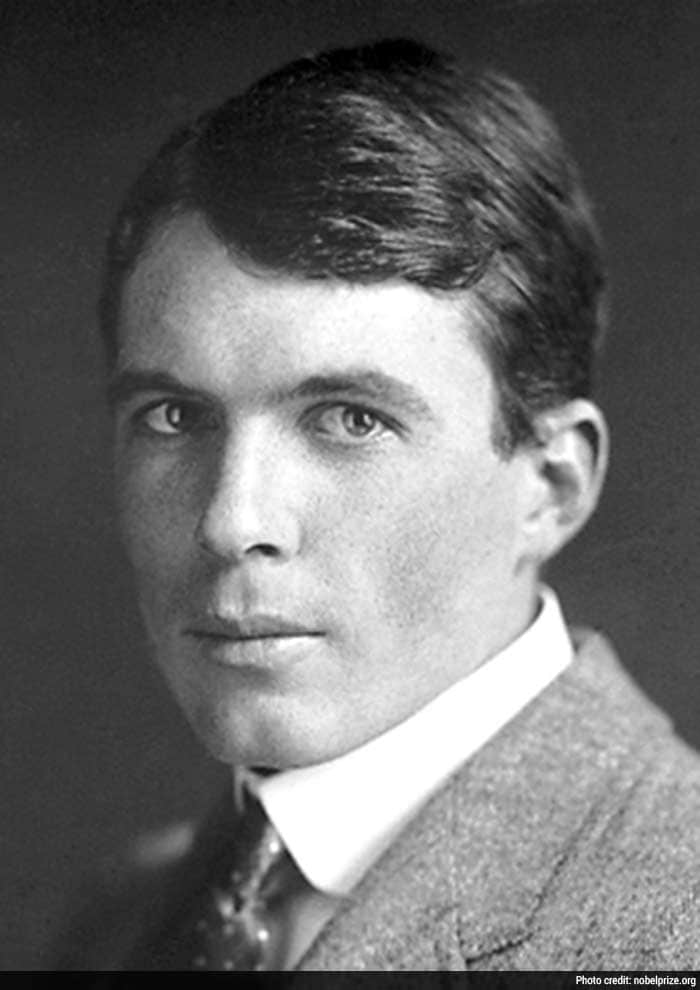 Australia's Lawrence Bragg, at 25, won the Nobel Prize in Physics in 1915, shared with his father Sir William Henry Bragg for "their services in the analysis of crystal structure by means of X-rays".
Australia's Lawrence Bragg, at 25, won the Nobel Prize in Physics in 1915, shared with his father Sir William Henry Bragg for "their services in the analysis of crystal structure by means of X-rays". -
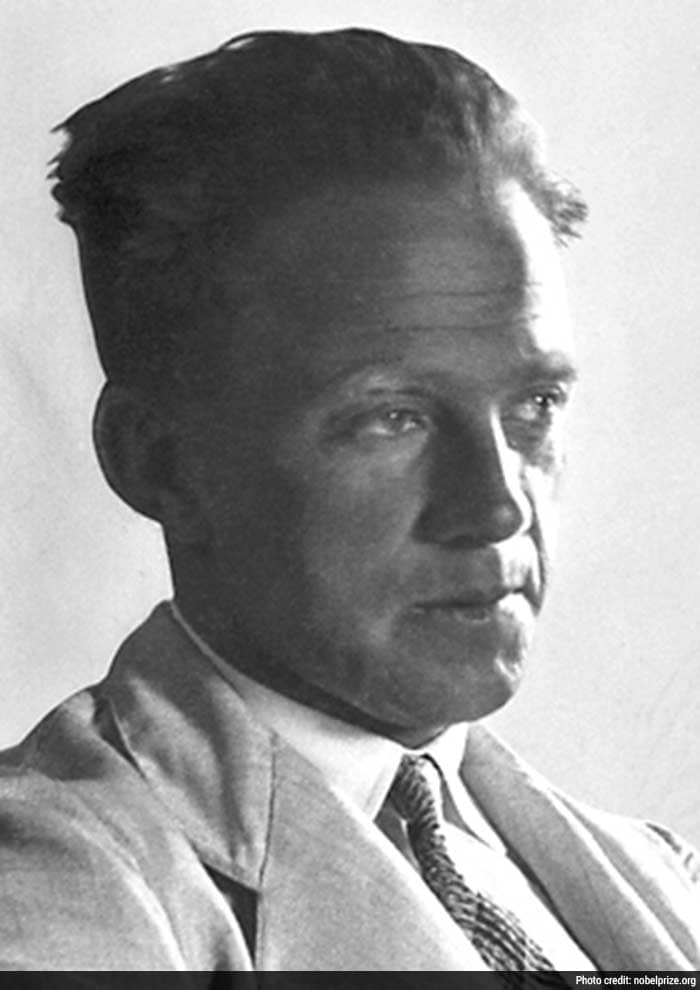 Germany's Werner Heisenberg won the Nobel Prize in Physics in 1932 at the age of 31, "for the creation of quantum mechanics, the application of which has, inter alia, led to the discovery of the allotropic forms of hydrogen".
Germany's Werner Heisenberg won the Nobel Prize in Physics in 1932 at the age of 31, "for the creation of quantum mechanics, the application of which has, inter alia, led to the discovery of the allotropic forms of hydrogen". -
 Chinese Tsung-Dao Lee, at 31, won the Nobel Prize in Physics in the year 1957, shared with Chen Ning Yang "for their penetrating investigation of the so-called parity laws which has led to important discoveries regarding the elementary particles".
Chinese Tsung-Dao Lee, at 31, won the Nobel Prize in Physics in the year 1957, shared with Chen Ning Yang "for their penetrating investigation of the so-called parity laws which has led to important discoveries regarding the elementary particles". -
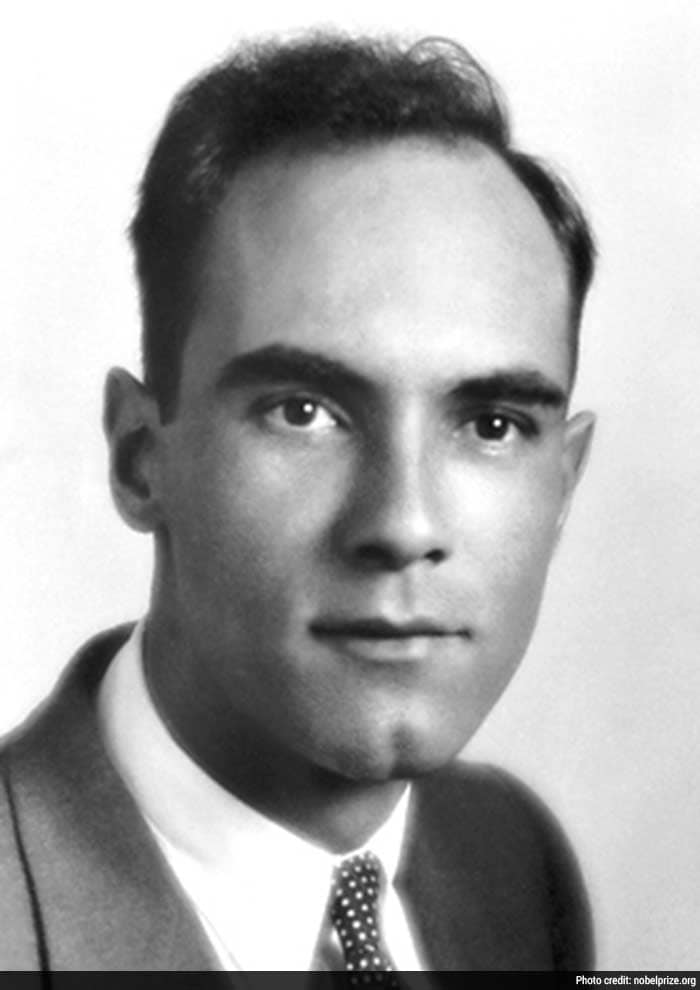 Carl D. Anderson of United States won the Nobel Prize in Physics in 1936, at the age of 31, shared with Victor Franz Hess, "for his discovery of the positron".
Carl D. Anderson of United States won the Nobel Prize in Physics in 1936, at the age of 31, shared with Victor Franz Hess, "for his discovery of the positron". -
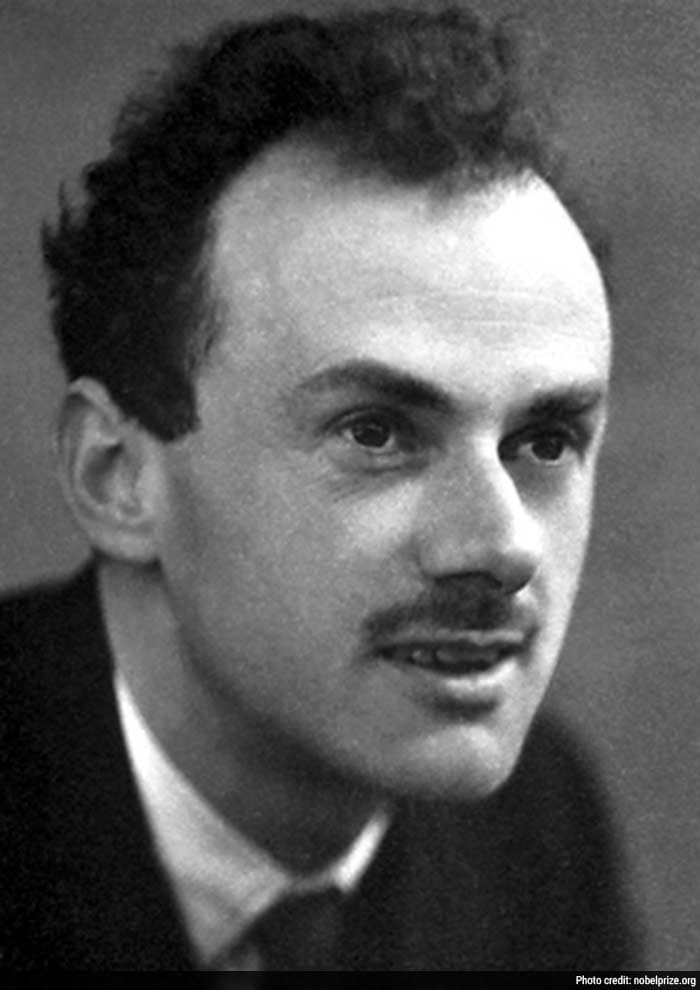 Paul A. M. Dirac, 31, from United Kingdom, was awarded the Nobel Prize in Physics in 1933, shared with Erwin Schrodinger "for the discovery of new productive forms of atomic theory".
Paul A. M. Dirac, 31, from United Kingdom, was awarded the Nobel Prize in Physics in 1933, shared with Erwin Schrodinger "for the discovery of new productive forms of atomic theory". -
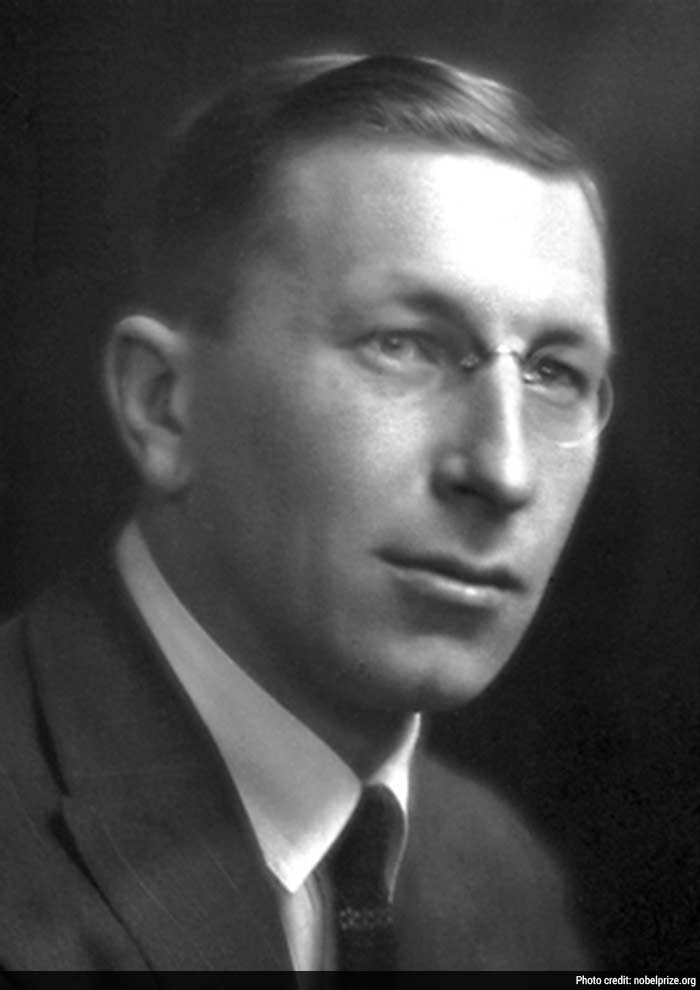 Canadian Frederick G. Banting, at 32, won the Nobel Prize in Medicine in 1923, shared with John James Rickard Macleod "for the discovery of insulin".
Canadian Frederick G. Banting, at 32, won the Nobel Prize in Medicine in 1923, shared with John James Rickard Macleod "for the discovery of insulin". -
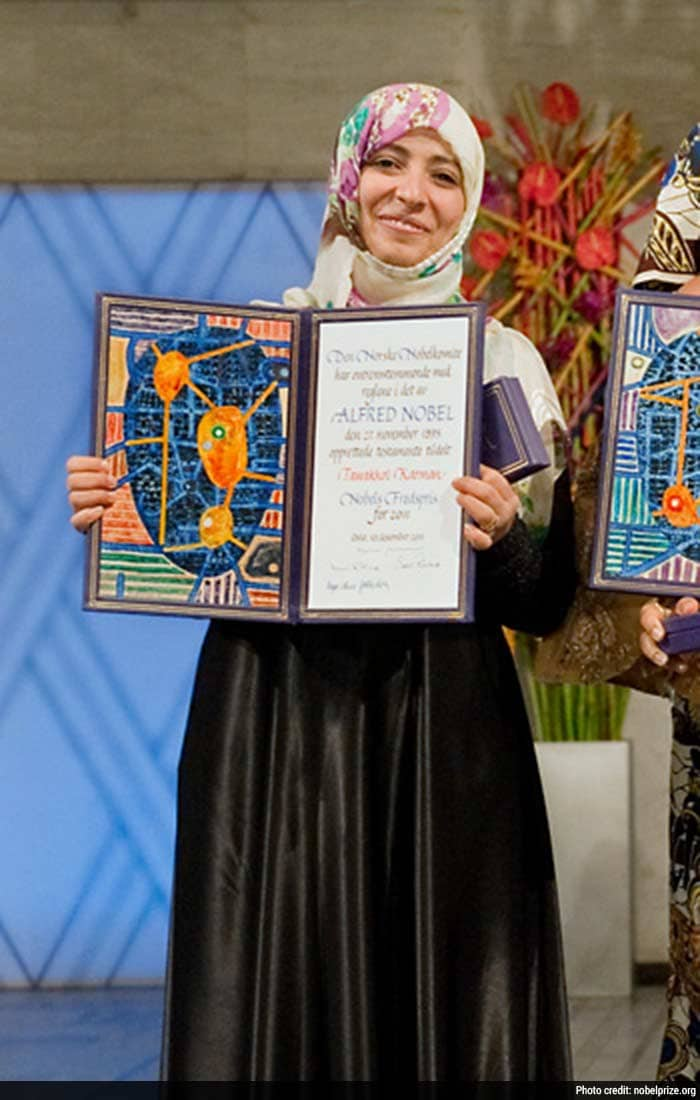 Tawakkol Karman, 32 from Yemen, won the Nobel Peace Prize in 2011, shared with Ellen Johnson Sirleaf and Leymah Gbowee, "for their non-violent struggle for the safety of women and for women's rights to full participation in peace-building work".
Tawakkol Karman, 32 from Yemen, won the Nobel Peace Prize in 2011, shared with Ellen Johnson Sirleaf and Leymah Gbowee, "for their non-violent struggle for the safety of women and for women's rights to full participation in peace-building work". -
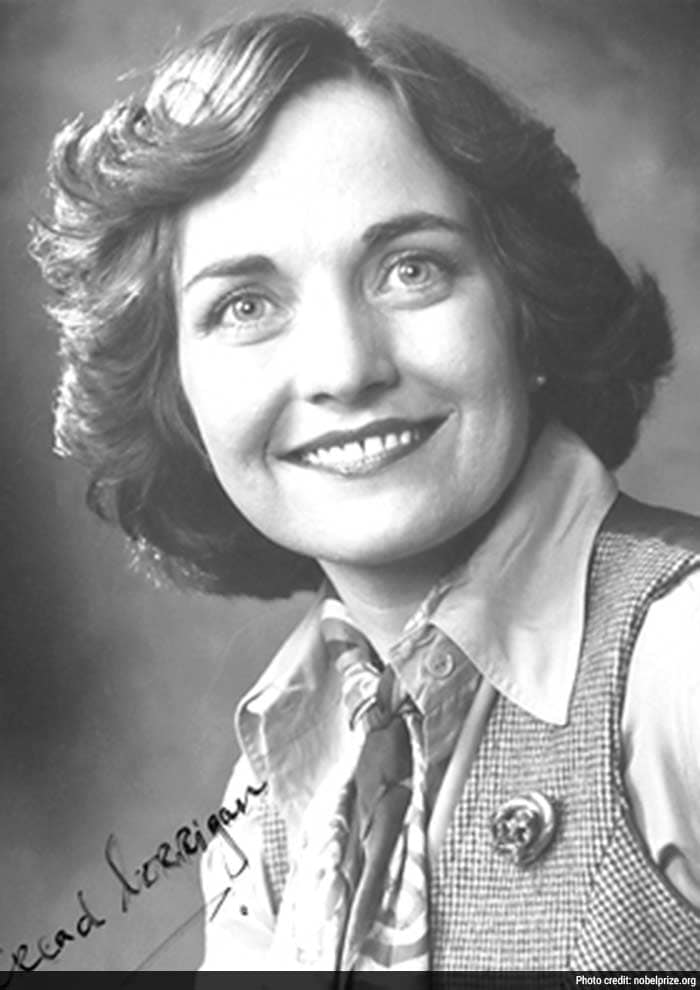 Mairead Corrigan, founder of the Northern Ireland Peace Movement, at 32, won the Nobel Peace Prize in 1976, shared with co-founder Betty Williams.
Mairead Corrigan, founder of the Northern Ireland Peace Movement, at 32, won the Nobel Peace Prize in 1976, shared with co-founder Betty Williams.
Advertisement
Advertisement
Advertisement
